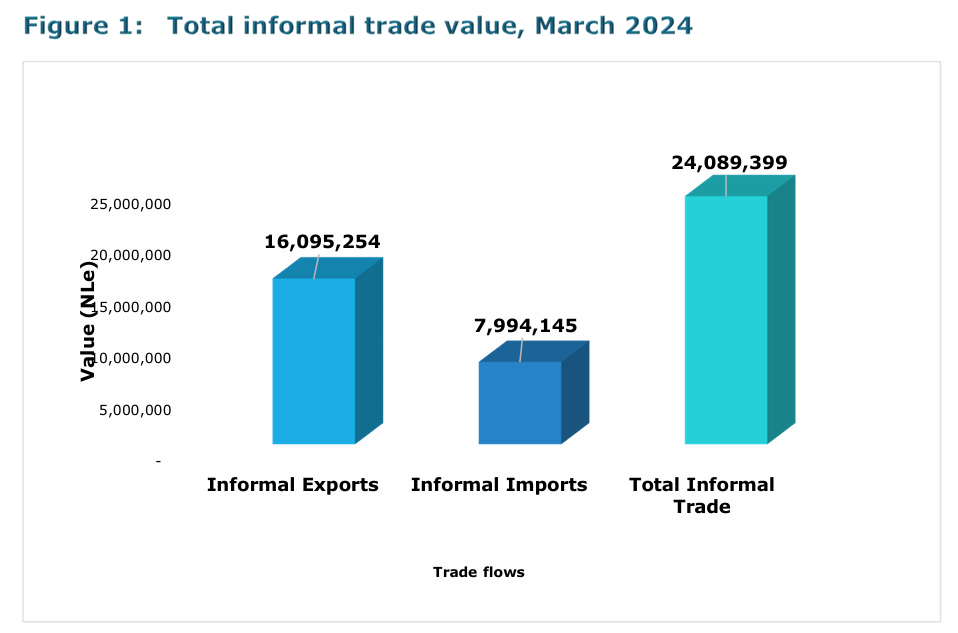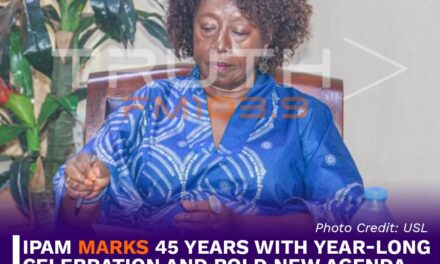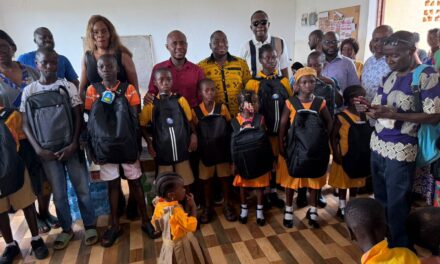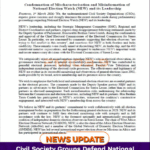Freetown, September 15, 2025 – Sierra Leone’s informal economy continues to flow beneath the surface of official trade statistics, with new data from Statistics Sierra Leone (Stats SL) revealing that unrecorded cross-border trade hit NLe24,089,399 in March 2024 alone. The findings, drawn from the 2024 Informal Cross Border Trade (ICBT) survey, underscore the scale and strategic importance of informal commerce between Sierra Leone and its neighboring countries.
According to the survey, informal exports accounted for a staggering NLe16,095,254, representing 66.8% of the total informal trade value. In contrast, informal imports stood at NLe7,994,145, or 33.2%. This export-heavy imbalance suggests that Sierra Leone’s traders are finding robust demand for local goods across borders, even as these transactions remain outside formal customs channels.
The ICBT survey was commissioned to improve the coverage of International Merchandise Trade Statistics (IMTS), which traditionally overlook informal flows. These unrecorded exchanges, often conducted by small-scale traders, market women, and border communities play a vital role in regional commerce, food security, and livelihoods.
The attached bar chart (Figure 1) illustrates the dominance of informal exports, which nearly double the value of imports. Analysts say this trend reflects Sierra Leone’s comparative advantage in agricultural produce, artisanal goods, and low-cost manufactured items that move fluidly across porous borders.
However, the sheer volume of informal trade also raises questions about revenue leakage, regulatory blind spots, and missed opportunities for formal sector growth. With over NLe24 million in monthly trade bypassing official systems, policymakers face a dual challenge: how to harness the economic potential of informal trade while ensuring transparency, taxation, and compliance.
Experts are calling for targeted reforms, including simplified customs procedures, cross-border trader registration, and better infrastructure at informal trading hubs. “This data is a wake-up call,” said one trade economist. “Informal trade isn’t marginal, it’s central. We need to integrate it into our national economic planning.”
As Sierra Leone continues to refine its trade statistics and policy frameworks, the ICBT survey offers a critical lens into the country’s shadow economy one that is vibrant, resilient, and ripe for formalization.









